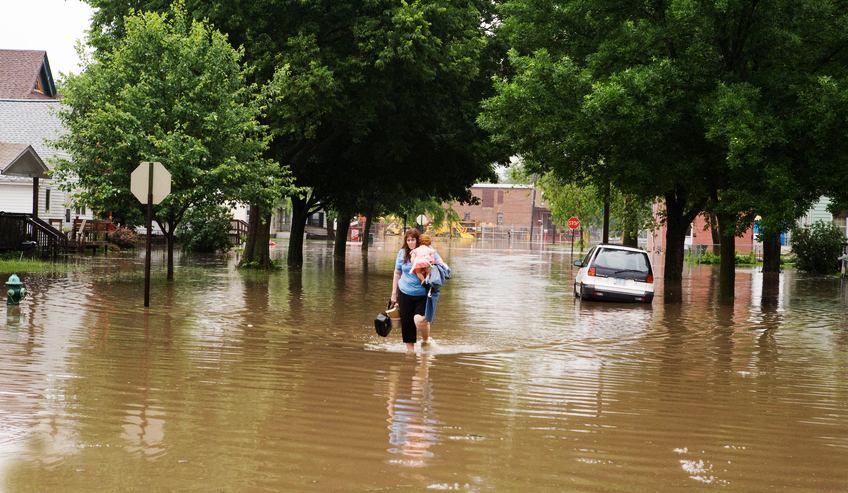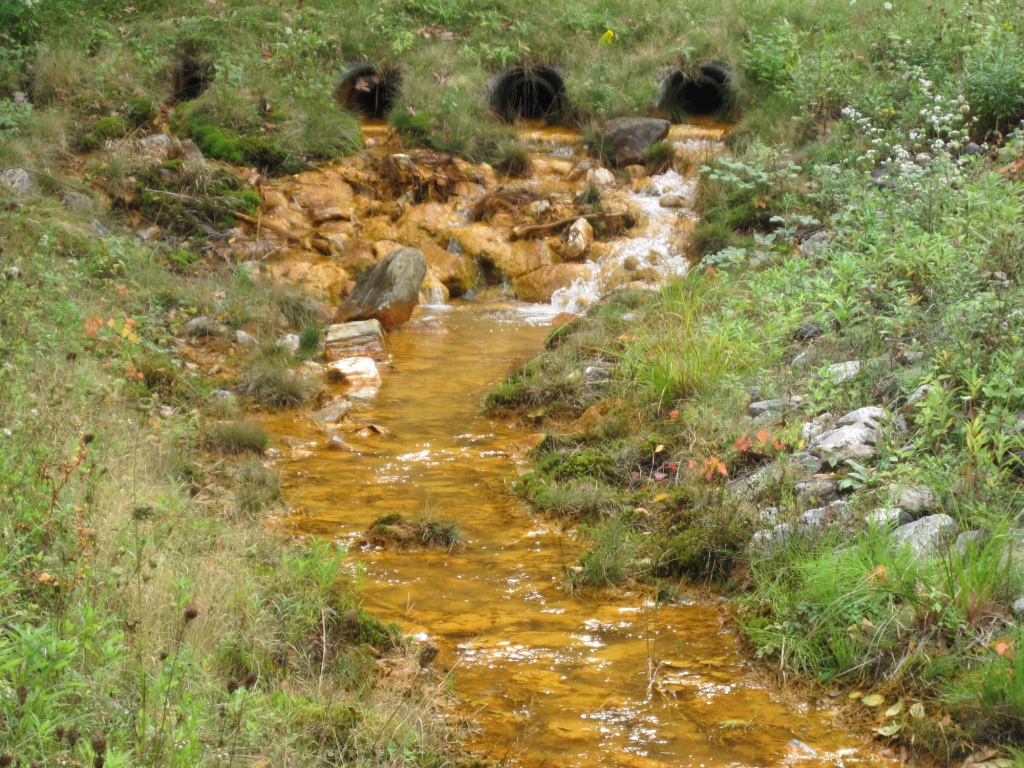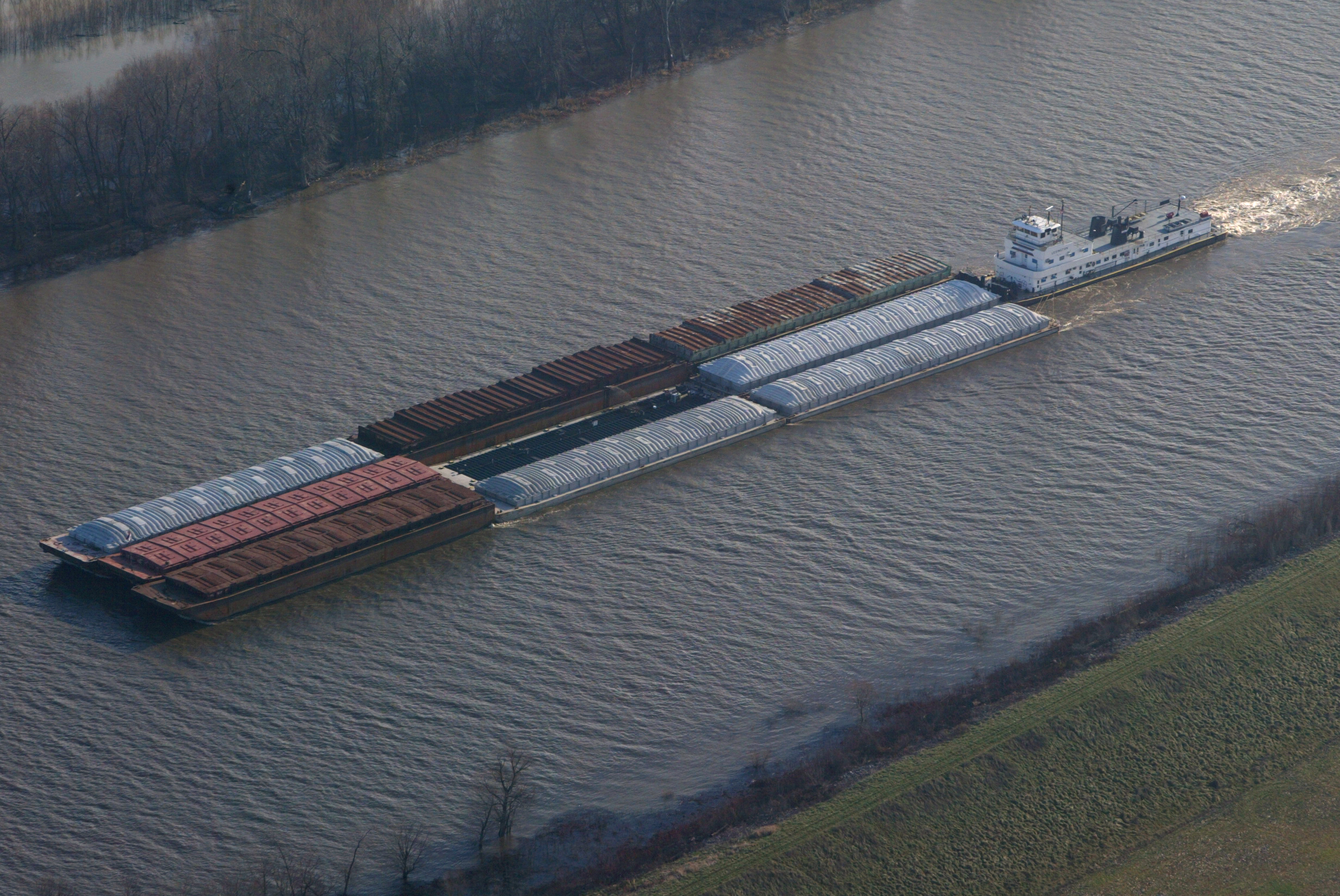Learning from the Lives Along the River
People Over Pipelines & Fracked Gas
October 26, 2016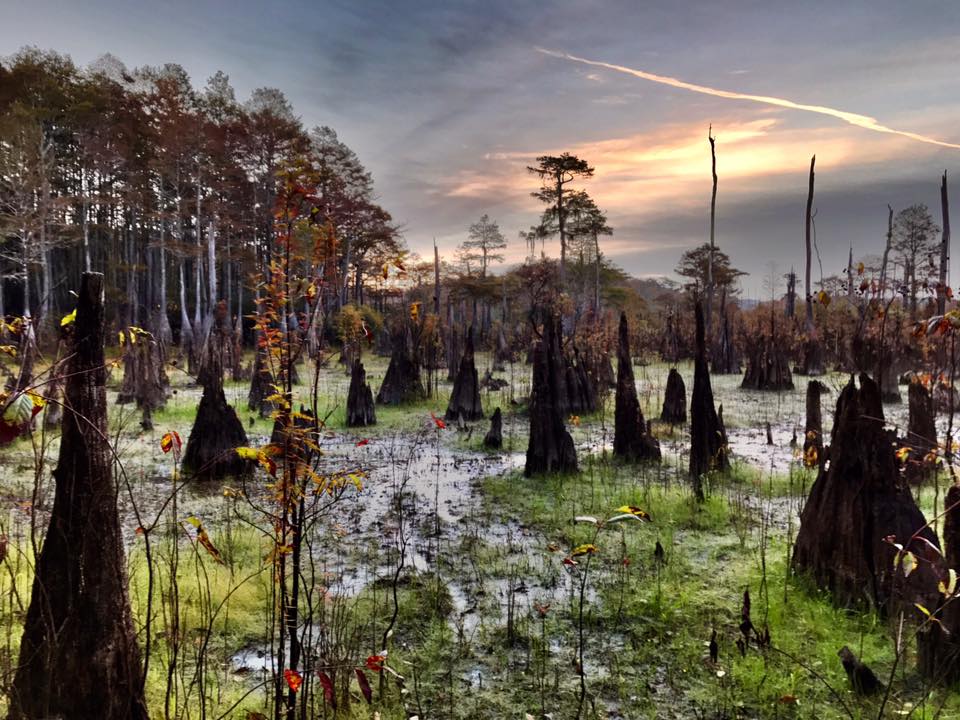
It’s Time for the Corps to Go Back to the Drawing Board on the ACF
December 1, 2016Originally Published by The McKnight Foundation, November 10, 2016
Written by Mark Muller, Mississippi River Program Director
Given the intense election coverage of the past few months, you would be forgiven if you missed the news of some big environmental catastrophes. Several weeks ago, Cedar Rapids endured a massive flood. In the month prior, flooding in Baton Rouge caused the area’s largest natural disaster since Hurricane Sandy. Simultaneously, rising levels of unsafe contaminants in drinking water plague the city of Des Moines and other communities that rely on rural wells. It’s as if the Mississippi River and its tributaries are shouting “Pay attention!” Disadvantaged communities tend to disproportionately bear the brunt of these environmental consequences, and they want to be a part of the solution.
Meanwhile, many conservation professionals, myself included, dedicate our careers to analyzing the economic and social drivers that affect the Mississippi River. We work for state and federal agencies, and industries such as navigation and agriculture, and nonprofits focused on conservation and public health. We gather to discuss the intricacies of the Water Resources Development Act (WRDA) currently in Congress, and next year’s National Flood Insurance Program (NFIP) reauthorization, and the forthcoming farm bill. We excel at considering the relative merits of various policy options clinically and analytically. But ultimately, no matter what happens to the WRDA and NFIP, our lives will most likely continue in the same fashion.
Considering the Human Dimension
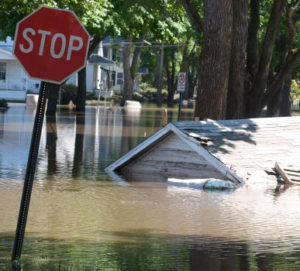
A garage that floated down a street is still submerged in floodwater June 16, 2008 in Cedar Rapids, Iowa. Officials are conducting door to door home inspections before allowing residents in flood affected areas as most of the homes along the Cedar River are no longer structurally sound. (Photo by David Greedy/Getty Images)
I am concerned that we as conservation professionals do not incorporate enough of the human perspective into discussions. In policy development, we tend to measure impact on communities by single, easily quantifiable factors, such as allowable toxicity levels in the human body, or frequency of flooding that is acceptable in a neighborhood. But the relationship between people and the river is far more complex, and community members often have a trove of important, untapped knowledge. We all know, for example, how floodwaters nearly destroyed the Lower Ninth Ward neighborhood in New Orleans during Hurricane Katrina. But only through conversations with the people of the Lower Ninth Ward could we learn of their long history of using the nearby Bayou Bienvenue Wetland Triangle for harvesting food and for recreational benefits, or the vast knowledge that many of these residents have about changes in wetland health and wildlife numbers. If policymakers begin to look beyond the narrow issue of flood control, they will see communities like the Lower Ninth Ward have a broader, more complex relationship with the River.
In addition to increasing our awareness of these layers of complexity, we need more passion and a keener sense of urgency in our work. A flood survivor who recently lost her home brings a passion for solutions and a willingness to take risks that many of us do not have. Similarly, a farmer who faces new environmental regulations that may impact the farm’s financial viability also brings passion to discussions. These passions tend to be at odds with a policy wonk’s technical approach to tweak policy and make transactional change. If we want to see transformational change in how natural resources are managed, then more of that passion is desperately needed.
Disadvantaged communities tend to disproportionately bear the brunt of these environmental consequences, and they want to be a part of the solution.
Imagining a Healthy Mississippi River Basin for All
Urban neighborhoods in Minnesota have been transformed in recent years by paying more attention to community members. If we had followed the trend of urban sprawl that started in the 1950s we could have very well ended up with hollowed out cities and highways spreading out to ever-further suburbs. Instead, cities like Minneapolis have thriving neighborhoods, in part because of a recognition of the need for livable cities and a diversity of transportation options. Following this example of intentional human-centered design, the Mississippi River basin can have a prosperous agricultural economy, clean drinking water, and healthy ecosystems. To accomplish this, we need creative thinking and a willingness to take new policy approaches, rooted in the input of community members most affected by the decisions being made.
McKnight’s Mississippi River program staff play a role by participating and supporting conversations about transactional policy change, and I aspire to expand that role for us as facilitators to a broader, more passionate conversation about Mississippi River communities. Can we better incorporate the stories of impacted people into how we communicate river issues? Can we do a better job of incorporating a diversity of perspectives, particularly from people of color, into the river program’s grantmaking portfolio? I welcome your feedback on how to bring more passion and more creative thinking into the community of Mississippi River professionals!
 Mark Muller
Mark Muller
Mississippi River Program Director

